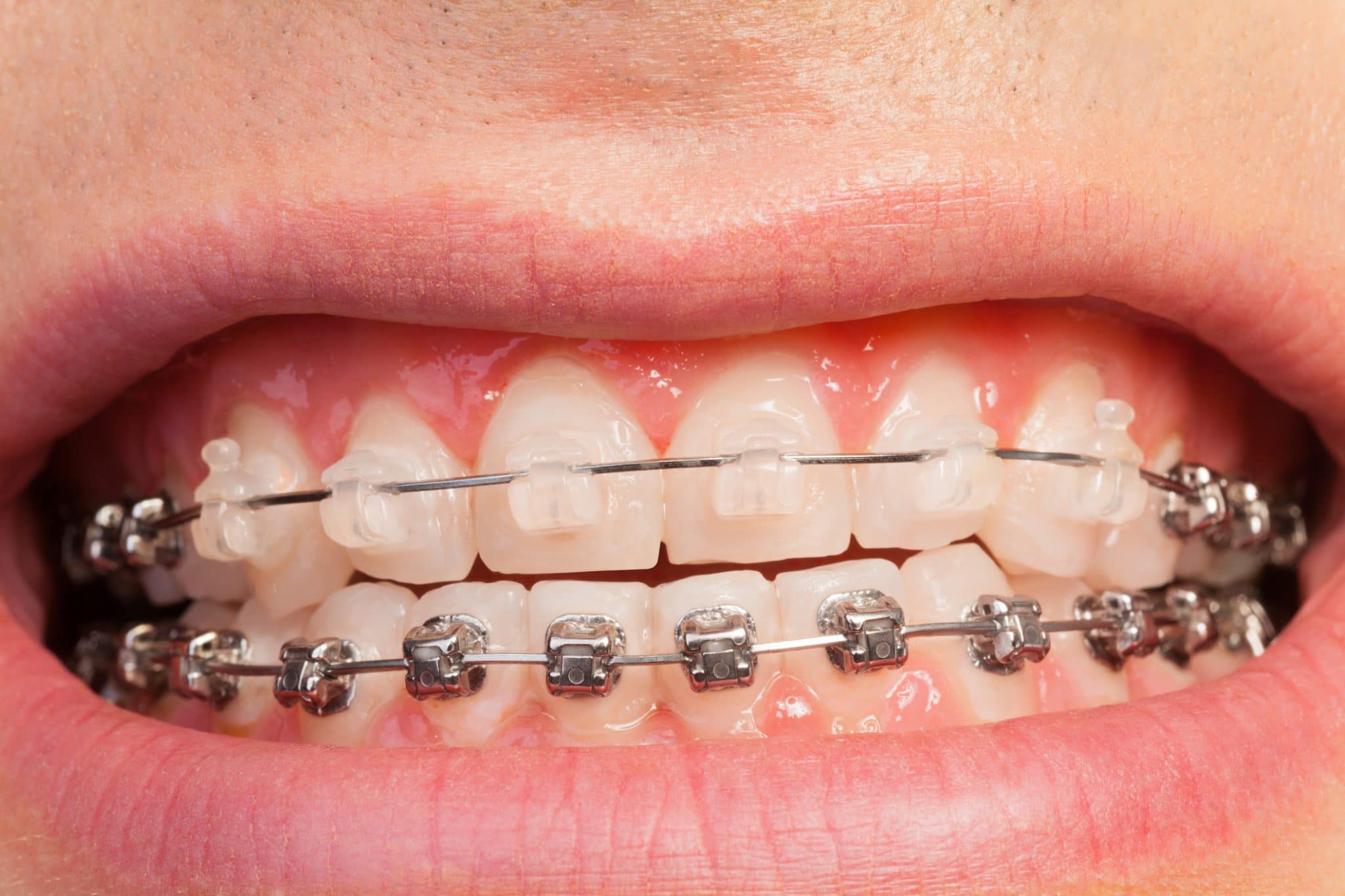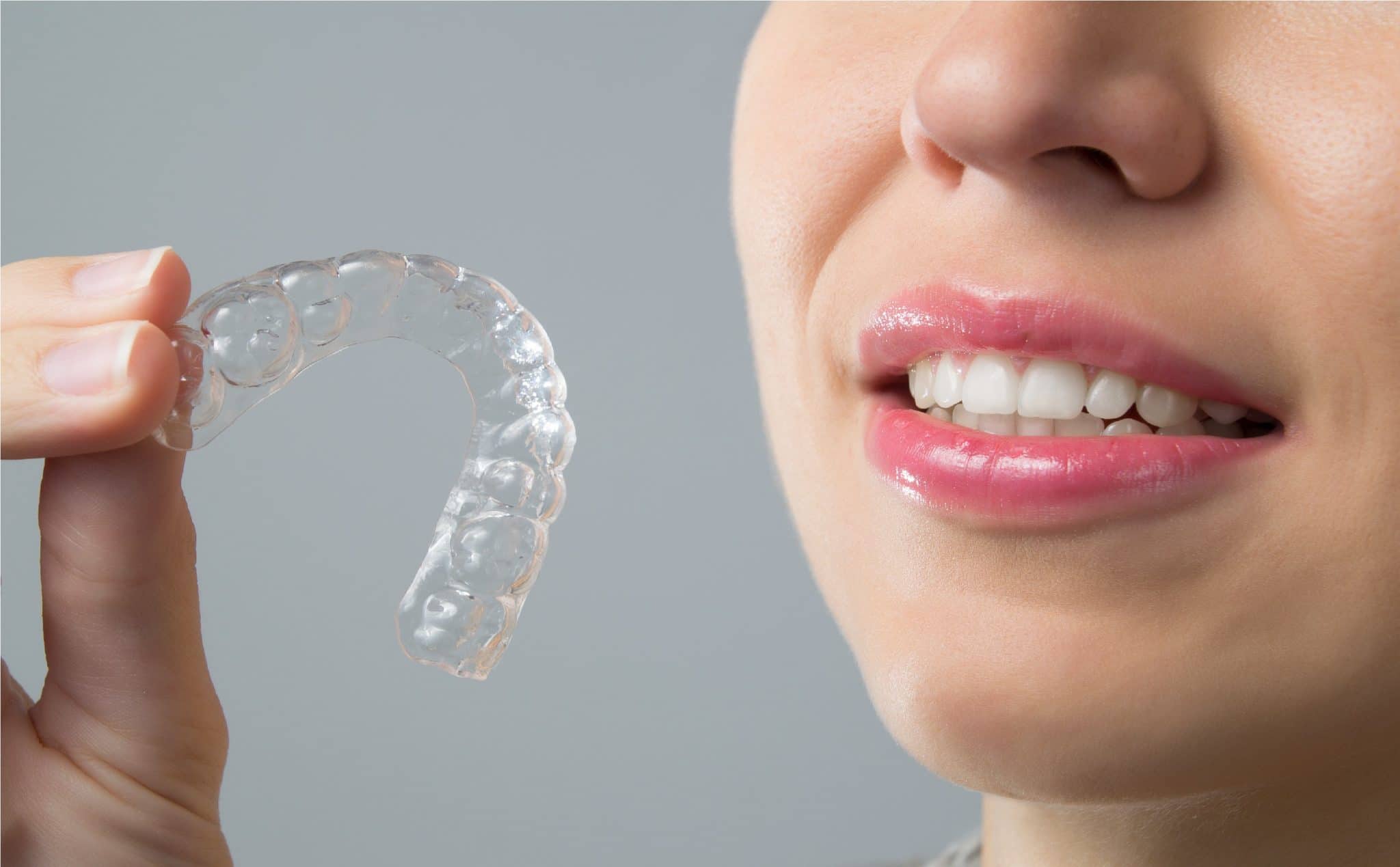When a child is brought to the dentist, braces may be the last thing parents expect to hear about. Many do not know that even kids as young as three or four can be diagnosed with a crossbite, and if that’s the case, parents should be prepared to hear about braces, retainers, and sagittal expanders. But before those orthodontic appliances are discussed, you are probably wondering – what is a crossbite and what should be done about it? Here are the answers.
What Is a Crossbite?
A crossbite can involve just a single tooth or several teeth on either side of the mouth (or even both). If any of your or your child’s tooth or several teeth lay closer to the tongue or cheek instead of standing together evenly, you probably have a crossbite.
What Can Be Done About It?
The dental industry is still divided into two sides when the topic is the right time to initiate crossbite treatment. Some suggest that treatment should start as soon as a diagnosis is made, which can be as early as three years old. Others say that parents should wait at least until a child’s molars come out. But even with the difference of opinion regarding when treatment should be done, all dental professionals agree that crossbite is not a condition that should be left untreated. Why? Because it presents a number of complications that include gum and tooth wear, temporomandibular joint disorder, and even facial asymmetry.
What Is the Treatment Like?
Crossbite treatment aims for the bite pattern to match evenly on all sides, and that involves adjusting how a child’s teeth are spread using dental appliances. It can be done using dental expanders which are similar to orthodontic retainers. They include a screw that you can tighten every night to “spread” a child’s bite to the width prescribed by the dentist. Other options like dental headgear, clear aligners, and braces may also be used, usually when a single tooth is out of alignment.
Crossbites are generally considered as a genetic condition, so they are not that common. But if your child happens to have it, know that it is imperative that crossbite is treated before it can permanently affect your child’s oral and facial development. That’s why if your visit to the dentist leads to a discussion about your child having a crossbite and needing to wear a dental expander, don’t just shrug it off. Learn more about it and the necessary treatment to address this problem.
Have your child scheduled for a dental check up with Dr. Marvin Lean at Pickering Square Dental. He can tell if your child has a crossbite and offer you the best treatment approach possible.



